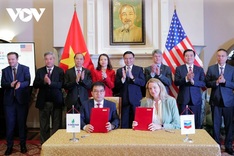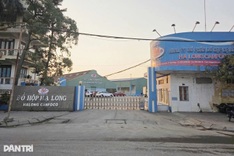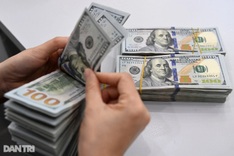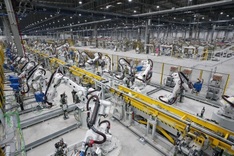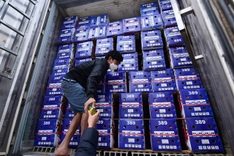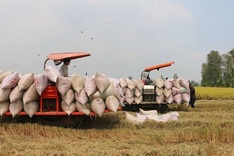 New analysis from Frost & Sullivan finds that the market is likely to earn revenues of $82.1 million by 2015.
New analysis from Frost & Sullivan finds that the market is likely to earn revenues of $82.1 million by 2015.
In this research, titled "Bottled Water Market in Vietnam," Frost & Sullivan's expert analysts thoroughly examine the following markets: mineral water, and non-mineral/purified water.
Despite the easy availability of municipal water in Vietnam, the water standard is often questionable. This situation, very often, cannot be remedied at home as most Vietnamese do not own home water filtering devices.
Consumers are increasingly aware of health issues related to the quality of the tap water, and are willing to spend on bottled water, especially in large urban areas. Considering the changing lifestyles of consumers, the convenience of bottled water is giving a huge thrust to the market in the country.
"Vietnam has been trying to implement rules and regulations pertaining to the water industry as a whole, and the bottled water market in specific," says Frost & Sullivan Consultant Melvin Leong. "The upturn in the country's tourism industry also bodes well for the market."
The market is dominated by a few notable foreign companies and a host of local manufacturers, but entry barriers are low due to the positive investment climate in Vietnam. Once they gain a toehold in the market, participants will have to strategize to deal with the presence of certain environmental support groups or individuals that oppose the sales and consumption of bottled water as the bottles are deemed environmentally unfriendly.
However, the biggest challenge for market participants is the increasing cost of production - from raw materials of the bottles to logistics. Market participants have to be price conscious as the majority of Vietnamese are not considered affluent.
Cost optimization in production and logistics is essential to remain competitive. Additionally, bottle recycling is not common in Vietnam as the country does not have adequate facilities.
"The factors that entrants must consider when entering the bottled water market in Vietnam are technological, transportation, and labor costs," notes Leong. "Smaller manufacturers that offer relatively lower-priced products are a constant threat to even the largest bottled water company in Vietnam."
Still, participants can take heart from the hike in consumers' disposable income, which is likely to increase the affordability of bottled water.

